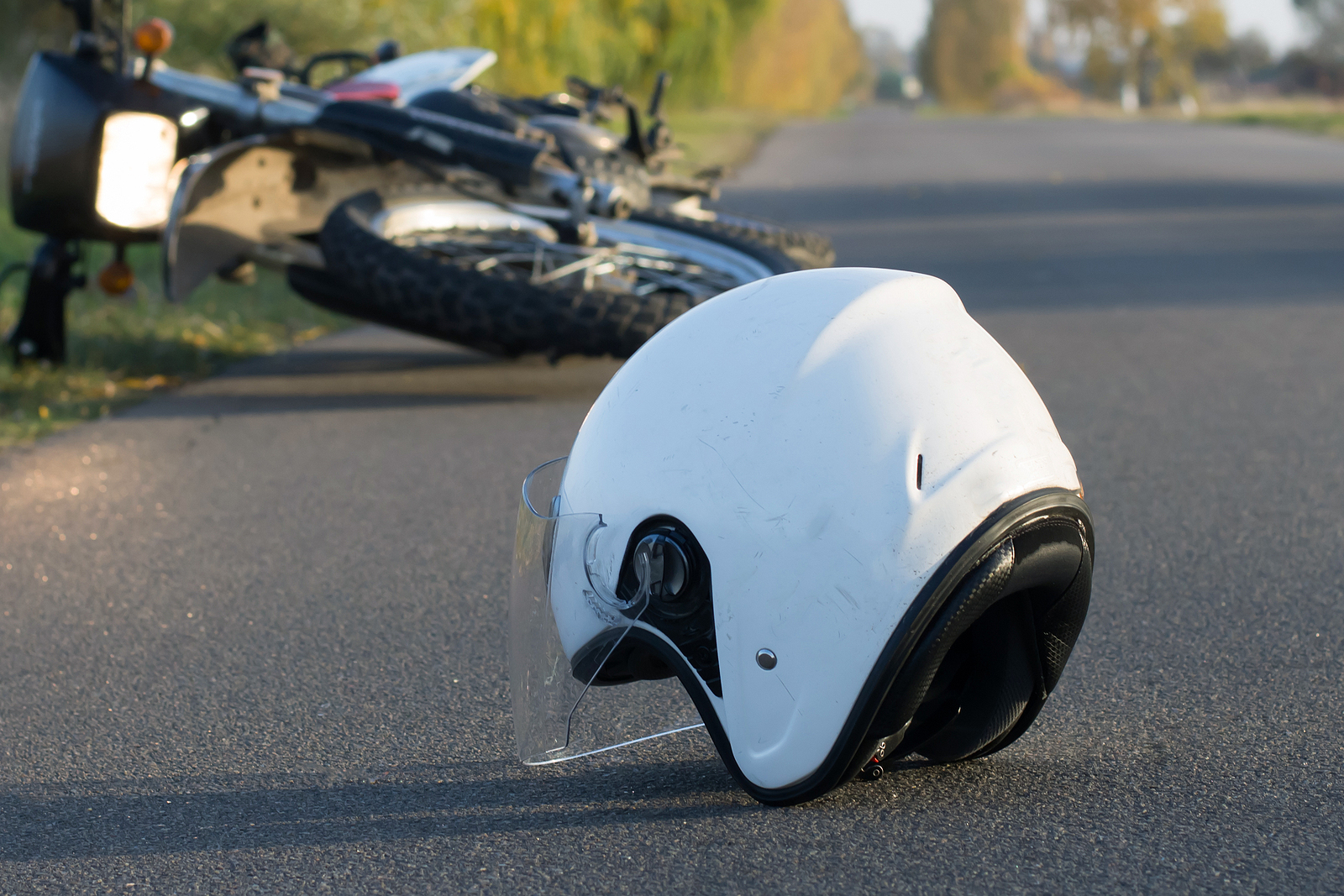As consumers, we rely heavily on the products we buy to function as intended without causing harm or injury. However, sometimes a product can be defective, causing severe injury or even death. In these cases, a product liability claim can be filed against the manufacturer, seller, or distributor of the product.
1. Defective Product
The first element that must be established in a product liability claim is that the product was defective. There are three types of product defects: design defects, manufacturing defects, and marketing defects. A design defect is a flaw in the product’s design that makes it inherently dangerous. A manufacturing defect, on the other hand, is a defect that occurs during the manufacturing process that makes the product difficult. Lastly, a marketing defect occurs when the product is marketed in a way that does not adequately warn consumers of the dangers associated with the product.
2. Injury or Damage Caused by the Product
The second element that must be proven in a product liability claim is that the plaintiff suffered an injury or damage from using the defective product. These injuries can range from minor to severe and can include physical harm, emotional distress, or financial loss.
3. Proper Use of the Product
The third element that must be established is that the plaintiff was correctly using the product. If the plaintiff was not using the product as intended by the manufacturer or in a reasonable way, then this could impact the success of their claim.
4. Causation
The fourth element is that there must be a causal link between the product defect and the plaintiff’s injury or damage. The plaintiff must show that the defect in the product was the cause of their injuries.
5. Negligence or Strict Liability
Lastly, the plaintiff must establish whether the defendant(s) were negligent or strictly liable for the product defect. Negligence can be found if the defendant(s) failed to take reasonable care in the design, manufacture, or warning of the product. Strict liability, conversely, does not require the plaintiff to prove that the defendant(s) were negligent but instead that the defendant(s) are responsible for the product defect regardless of fault.
Cleveland Product Liability Lawyer
Navigating the complexities of a product liability claim can be overwhelming, especially when dealing with personal injuries. Remember, seeking legal assistance from experienced professionals, such as HMW Law, can significantly enhance your chances of success. Contact us today at 216-369-1352 to learn more about our specialized services in product liability claims.

